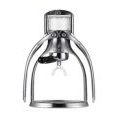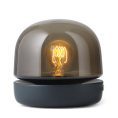While iPhone hacks are not as prevalent as they once were useful source and Apple gadgets tend to end up being safer than Android cell phones, it’s vital that you take steps to protect your phone against apps. Online hackers can discuss everything from non-public photos to financial data and account details. Here are some strategies to make your iPhone less of an target.
The first thing you can do is use an alphanumeric passcode—the combination of numbers and letters makes it hard for hackers to guess. You should also enable the Guided Access feature, which allows you to lock your iPhone down to specific apps so that the thief would have to enter an additional password to change your Apple ID or even see notifications on the screen. To do this, tap Settings > Passcode and set a six-digit passcode (or start Face IDENTITY or Contact ID meant for biometric security).
If you don’t want to bother with adding some other password to your iPhone, there are free username and password manager apps that can help you create a good, unique password for each iphone app. And don’t forget to trigger two-factor authentication to your iCloud bill.
It’s the good idea to stop using consumer Wi-Fi networks and always keep the iPhone from publicly attainable chargers. A hacker could rob your iCloud login details if they will gain access to the unsecured network, then work with this to download apps and view personal data on your iPhone. When you must use a public phone chrgr, consider getting your own portable battery pack and preventing the “shared” charging feature.


























